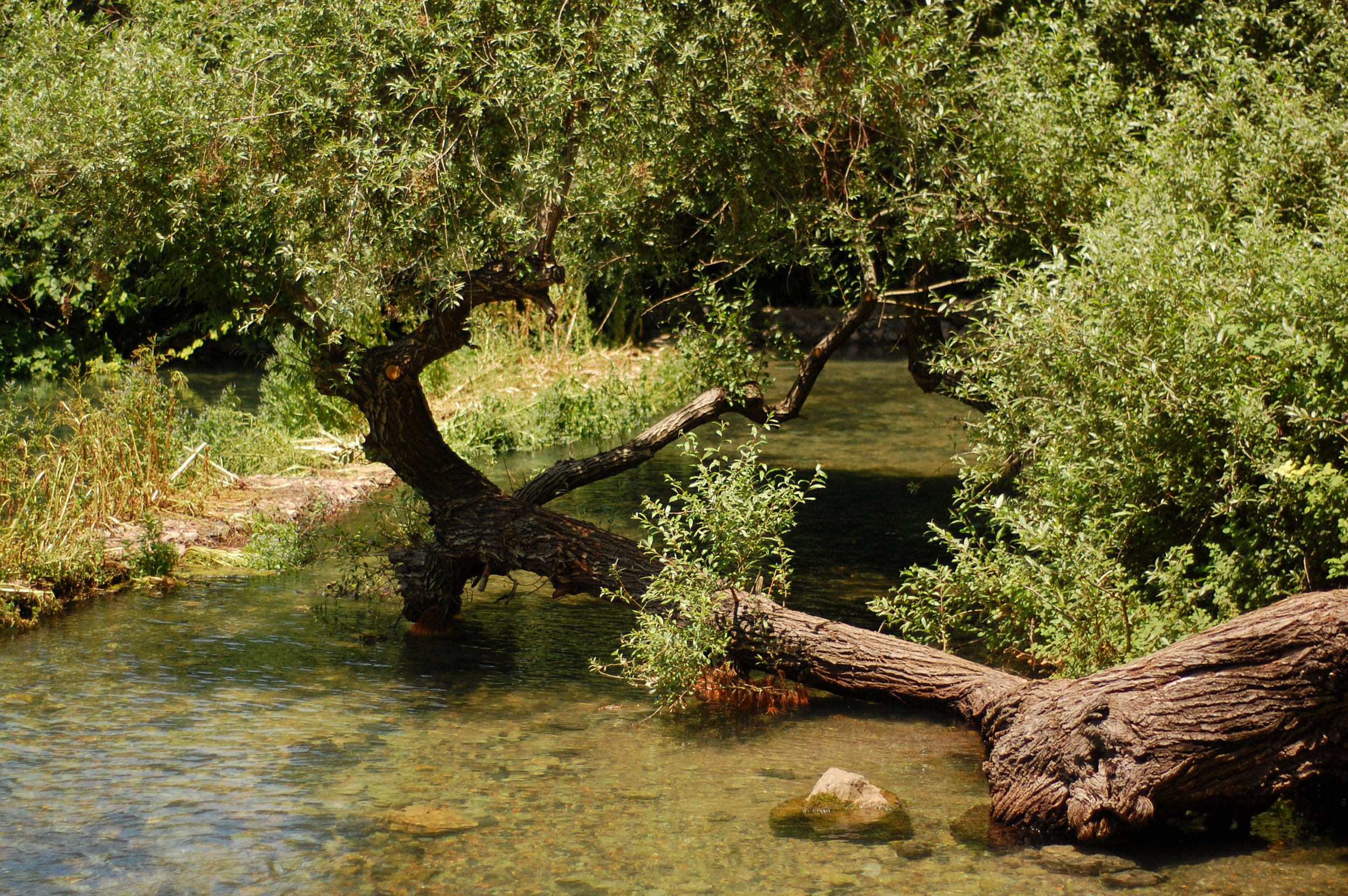all things new
/It’s a new year - again - already.
It feels like we were just here, turning the calendar from 2017 to 2018. It feels like I was just waiting to turn 24 and holding my breath to see what the year would bring and writing about my hope to remain thankful, regardless.
For as long as I can remember, I’ve had a love-hate sentiment toward the turn of each new year. I love the idea of a clean slate, a time to reevaluate life and make changes where needed. But I have always listened to the midnight fireworks popping with a sense of fear and dread, too - afraid of change, afraid of what could happen and what could be lost, afraid of trading what’s old and familiar for what’s new and uncertain.
This new year, in particular, has been difficult. It’s an anniversary of the many painful things that came one after the other at the beginning of 2018, and to be candid, I’ve been working hard to remain in denial that it’s January again because I just don’t want to think about that stuff. Last year, “new” meant “bad” - just like I’ve always feared.
Then I came across a handful of verses that got me thinking.
Do not call to mind the former things, or ponder things of the past. Behold, I will do something new, now it will spring forth; will you not be aware of it? I will even make a roadway in the wilderness, rivers in the desert. The beasts of the field will glorify Me, the jackals and the ostriches, because I have given waters in the wilderness and rivers in the desert, to give drink to My chosen people. The people whom I formed for Myself will declare My praise.
Isaiah 43:18-21
I’ve heard this passage plenty of times before, but this time one contextual fact stuck out to me: This assurance from Yahweh to His people comes in the midst of Isaiah’s prophecies of the coming of Babylon, who will conquer Israel and drag the nation into exile. Pain and suffering are coming, and have already begun - yet the God of Israel says “Behold, I will do something new.”
And “new” doesn’t mean “bad.”
In the chaotic unknown of the wilderness, He will make a path.
In the dry and despairing desert, He will make a river.
He doesn’t end the struggle for His people, or rewind the story so they can continue living peacefully in their own land. The wilderness and the desert are still there. But He does something greater, mightier, and more unthinkable: He creates a new, good thing out of what was hopeless and dead - extending grace so far that it touches even the onlookers and the wild creatures.
One of my favorite verses in Revelation says, “And He who sits on the throne said, ‘Behold, I am making all things new’” (Revelation 21:5). I’ve always thought this was an end-times verse, a promise we cling to for the future - and so it is. But it’s also a now verse.
God isn’t waiting until the world as we know it ends to start making all things new. He’s been doing it since the dawn of time, and He is still doing it every single day in the hearts of people like us.
Therefore if anyone is in Christ, he is a new creature; the old things passed away; behold, new things have come.
2 Corinthians 5:17
My God is doing a new thing - a new, good thing - right now. He isn’t (yet) rescuing us from this earthly domain or rewinding the consequences of sin, but He is doing something greater, mightier, and more unthinkable: He is creating something beautiful and new out of that which was old and dead.
He is making rivers in the wilderness and streams in the desert.
He started this work all the way back in the Garden of Eden, with a new plan to reveal His glory by reversing the curse of sin. He created a river of life through our wilderness of death with His own Son’s blood, available to anyone who would drink from it. He resurrected His Son’s dead body back to life and glory, and now He is doing the same thing in my heart, and in yours.
But if the Spirit of Him who raised Jesus from the dead dwells in you, He who raised Christ Jesus from the dead will also give life to your mortal bodies through His Spirit who dwells in you.
Romans 8:11
This is what I cling to as I stand with some trepidation in the doorway of this new year. In God’s work, “new” never means “bad” - it’s always part of the glorious and gracious transformation from death to life. The suffering may not yet end, but we stand right now at the beginning of our eternal lives, and He is already working here and now to make all things new.





